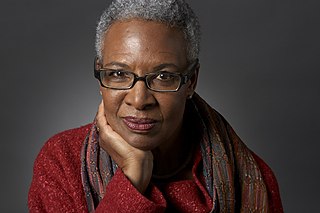A Quote by Karen Kain
The importance of the arts to the societies in which they thrive is well documented.
Related Quotes
Free societies, which allow differences to speak and be heard, and live by intermarriage, commerce, and free migration, and democratic societies, which convert enemies into adversaries and reconcile differences without resort to violence, are societies in which the genocidal temptation is unlikely and even inconceivable.
In a cross-cultural study of 173 societies (by Herbert Barry and L. M. Paxson of the University of Pittsburgh) 76 societies typically had mother and infant sharing a bed; in 42 societies they shared a room but not a bed; and in the remaining 55 societies they shared a room with a bed unspecified. There were no societies in which infants routinely slept in a separate room.
History is driven, over the long haul, by culture - by what men and women honor, cherish, and worship; by what societies deem to be true and good, and by the expressions they give to those convictions in language, literature, and the arts; by what individuals and societies are willing to stake their lives on.
Societies that exclude the exoskeleton of religion should reflect carefully to what will happen to them over several generations. We don’t really know, because the first atheistic societies have only emerged in Europe in the last few decades. They are the least efficient societies ever known at turning resources (of which they have a lot) into offspring (of which they have few).
We see that there are two different kinds of...societies: (a) parasitic societies and (b) producing societies. The former are those which live from hunting, fishing, or merely gleaning. By their economic activities they do not increase, but rather decrease, the amount of wealth in the world. The second kind of societies, producing societies, live by agricultural and pastoral activities. By these activities they seek to increase the amount of wealth in the world.






































